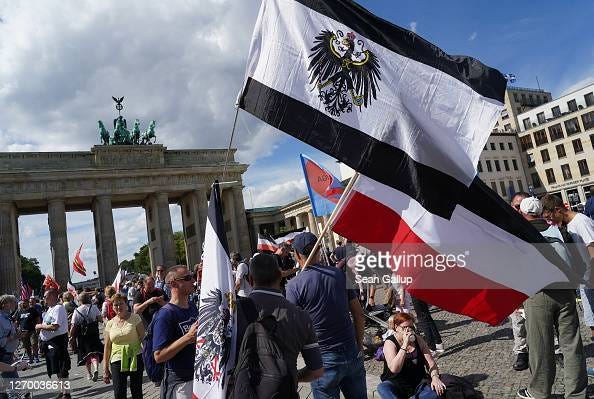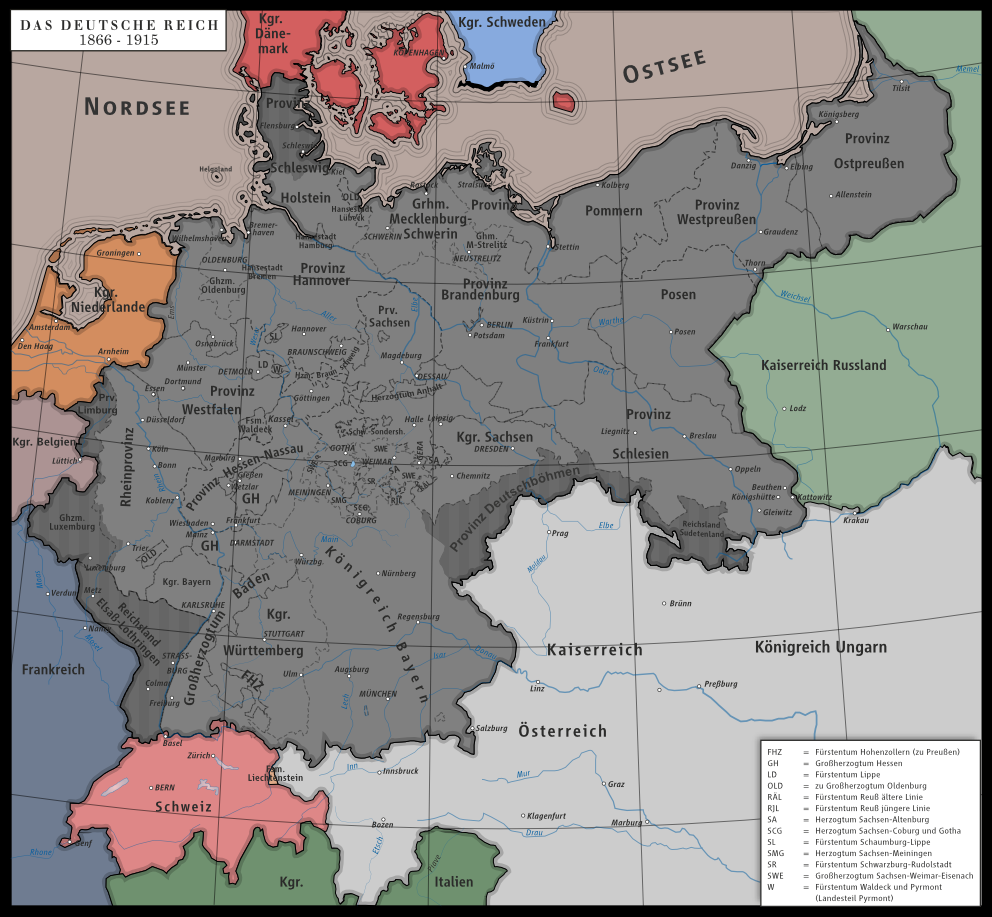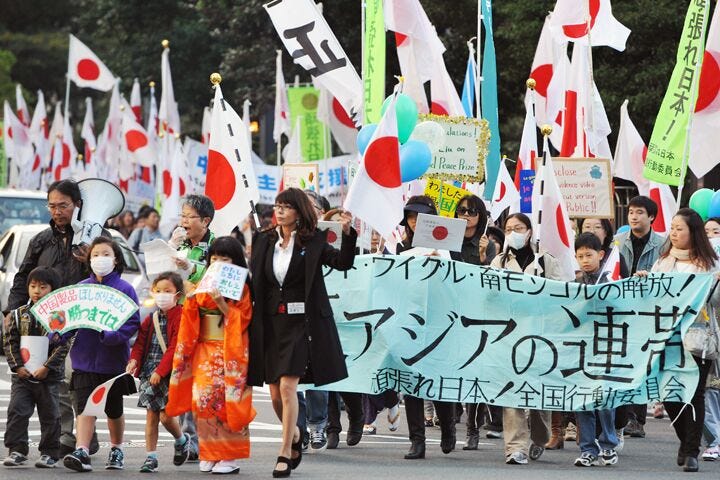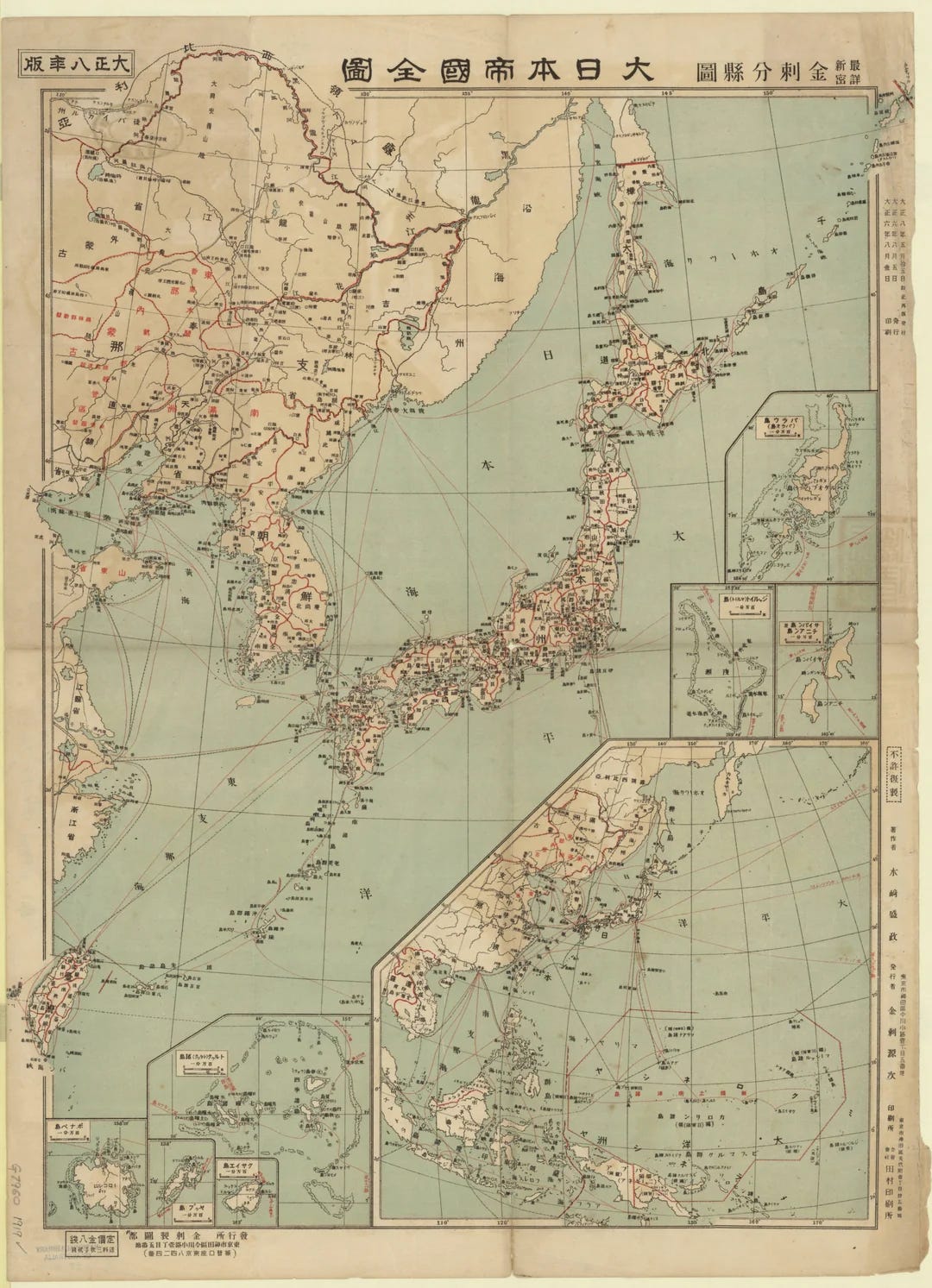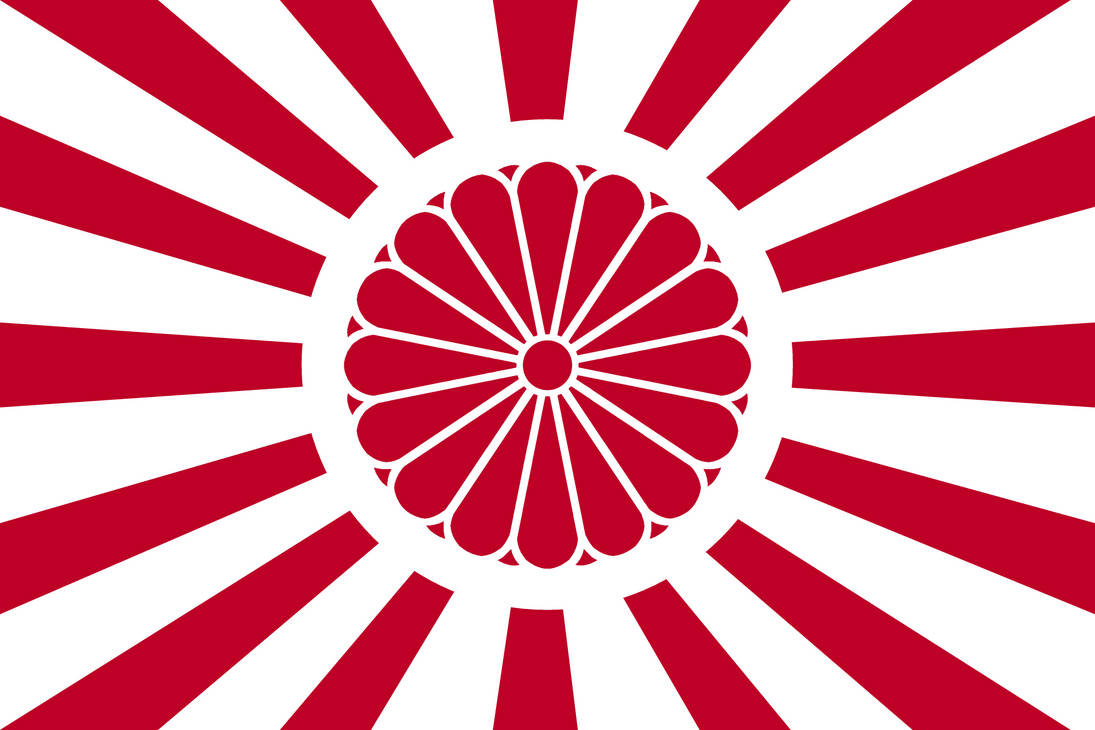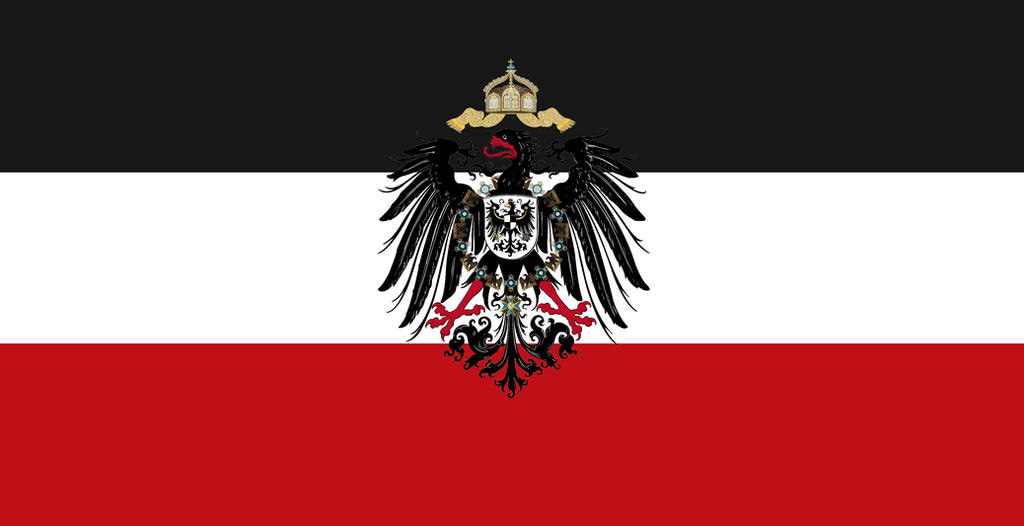Das Deutsches Reich und die reorganisierte Regierung des Chinesischen Kaiserreichs der Ming-Zeit
How should relationships between the German Empire and a restored Ming dynasty created by the Dai Nippon Teikoku after the fall of Russia, the British Commonwealth and the French Empire be?
The idea for this article was always buzzing in my mind, but I never could figure out exactly what to say until a daily read of my growing digital book collection gave me the push I needed to put pen to paper. And unfortunately, it seems like the events of the first half are going to repeat themselves in an even more explosive manner, on the battlefields of Ukraine.
Vladimir Putin, former KGB agent and the seemingly illegitimate grandson of Soviet dictator of China, Chang Kai Shek, has gotten it into his head that only he can restore the glory of the USSR and Kievan Rus and has launched a brutal invasion of Ukraine, egged on by the mullahs of Iran and British imperialists who have supplied him with cash, guns and Western technology for years under the disguise of ‘mutual aid’. Whatever concerns the Russians living near Crimea who rebelled against Ukraine have mean nothing to this megalomaniac, as he continues to show the world the reason why the KMT of his grandfather was so easily defeated by a numerically inferior Japan during the Great Pacific War.
Delusional conservatives who praise Putin as a savior from Western degeneracy are incredibly clueless about geopolitics and lack basic reading skills. Under “based and trad” Putin paganism, divorce rates and income inequality have risen to record levels. Putin is also deep in bed with the imperialist Tory party in the UK and the French, but when have facts mattered to American political partisans?
Yuri Bezmenov was absolutely right about the ‘useful idiots’ and how they are exploited by intelligence agencies for the spook’s own malignant purposes. The only problem was, he only limited it to the KGB. You have many American “progressives” still spouting propaganda lines about Japan given to the mainstream media by MI6 and Chiang Kai Shek before and during WW2.
As the world bears witness to the unfolding crisis in the Russia-Ukraine war and the impending collapse of the Russian Federation, it is not without a sense of irony that we recall the Brest-Litovsk Treaty of 1918. In the final days of World War I, this treaty between Soviet Russia and the Central Powers led to the creation of several puppet states such as the Kingdoms of Lithuania, Georgia, and Finland, the Ukrainian Hetmanate, the Kingdom of White Ruthenia (Belarus), and the Kingdom of Georgia. Fast forward a century, and we now see a highly volatile geopolitical landscape in which the impending resurrection of these once-lost states, along with the restored Ming Dynasty, German Empire, and Japanese Empire, threatens to further unsettle the global balance of power.
China’s Return to Tradition Amidst Collapse
In the face of the imminent demise of the People’s Republic of China, the resurgence of the Ming Dynasty has become an increasingly attractive proposition to an embattled populace. Longing for a return to the perceived stability, prosperity, and cultural richness of the Ming era, many Chinese citizens have rallied behind the cause of a restored empire. Ultimately, this aspiration relies on traditional Confucian values, territorial claims, and the promise of harmony within a highly fragmented and conflicted society.
Restored German Empire: Reclaiming Lost Glory and Reasserting Influence
With the collapse of the EU project and a resurgent wave of nationalism, we then witness the ambitious attempts at the restoration of the German Empire and its pre-1914 borders. Yearning for the return to the height of its military, economic, and political prowess, we Germans seek to resurrect our once-powerful nation. We have focused on building new alliances, reestablishing influence across Central and Eastern Europe, and solidifying our position as a dominant global power.
Resurgence of the Japanese Empire: Reclaiming Lost Territories and Rising Regional Power
The resurgence of Japanese nationalism in recent years together with the Land of the Rising Sun’s efforts to reclaim the lost territories of the Kuril Islands and Sakhalin, plus rising pro-Japanese sentiment in Taiwan, serves as a testament to Japan’s determination to revive its sphere of influence and military prowess in the Asia-Pacific region. Moreover, Japan’s strategic alliances with the United States and the Western powers have dramatically shifted the balance of power in Eurasia, creating an increasingly challenging environment for the collapsing Russian Federation and the so-called multipolar world created by BRICS.
Conclusion: An Uncertain Future Amidst Global Geopolitical Flux
As the world stands at the precipice of unprecedented geopolitical realignment in the wake of the Russia-Ukraine war, the impending restoration of the Chinese, German, and Japanese Empires, along with the puppet states spawned in the aftermath of the Brest-Litovsk Treaty, herald a highly volatile and unpredictable era. How will these reemerging powers navigate the complex and treacherous waters of international diplomacy, military conflicts, and economic competition? No one has a crystal ball, but the world must stand ready to respond to a new, shifting landscape where old empires resurrect and long-lost territories clamor for the recognition they once enjoyed in the annals of history.












